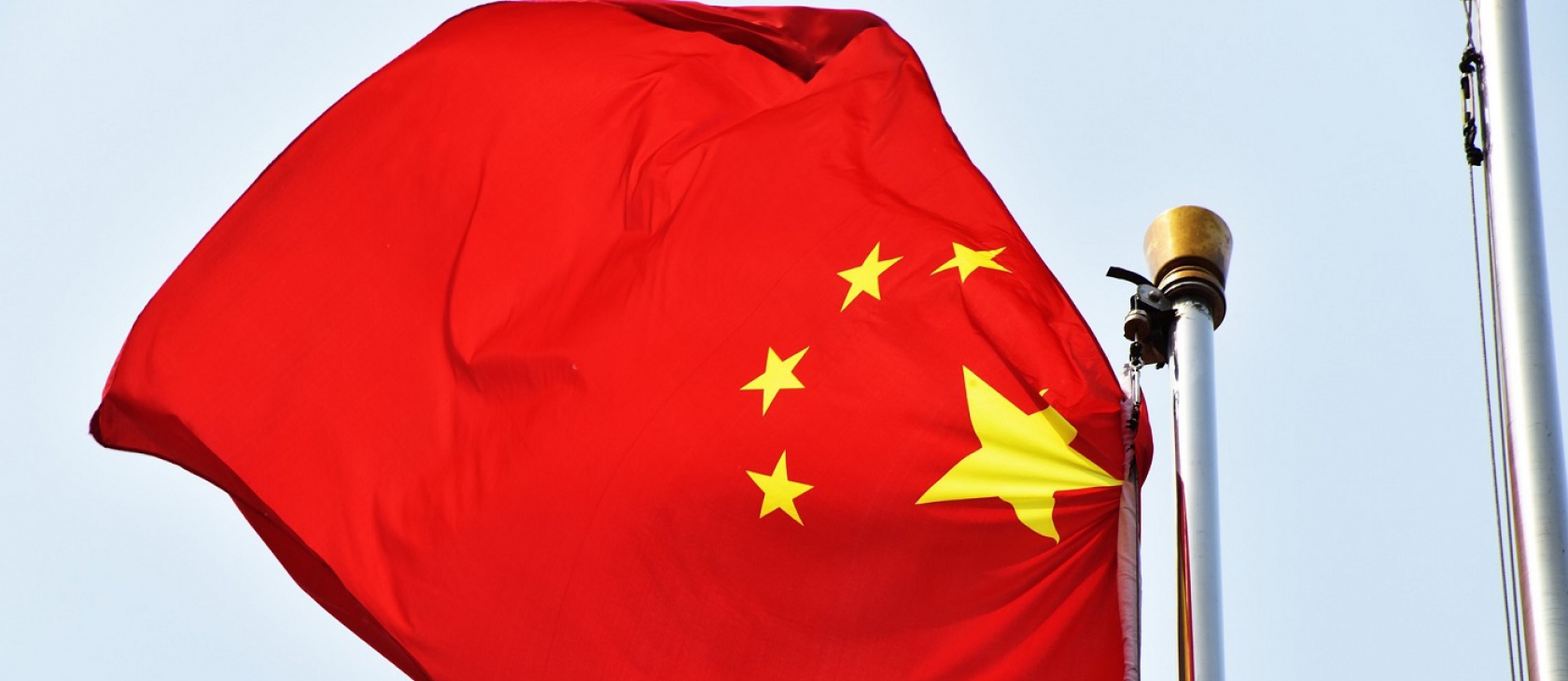“Right now, those who are best implementing the social doctrine of the Church are the Chinese,” said Bishop Marcelo Sánchez Sorondo, the chancellor of the Pontifical Academy of Social Sciences. He contrasted China, which has a “positive national conscience,” favorably with U.S. President Donald Trump, whom he believes is overly influenced by “liberal [read: free market] thought.”
One could quibble with this description of President Trump. However, China violates the most fundamental pillars of Catholic social doctrine:
1. Denying the freedom of religion. “Curtailment of the religious freedom of individuals,” wrote Pope John Paul II in Redemptor Hominis, “is above all an attack on man's very dignity, independently of the religion professed.” China has been an equal opportunity represser, making the suppression of faith an ecumenical experience. As I wrote at Providence magazine, “China persecutes its Uighur Muslims, Tibetan Buddhists, and a growing share of its Christian population.” This excludes members of the Falun Gong, who are “subject to widespread and severe human rights violations,” according to Freedom House.
Chief among the persecuted is Chinese’s Catholic population. Beijing recognizes only the Chinese Catholic Patriotic Association, not the official hierarchy loyal to the Vatican. Pope Emeritus Benedict XVI once deemed this “incompatible with Catholic doctrine.” The New York Times reports that Pope Francis is considering a plan to replace two underground bishops with hierarchs selected by Beijing, one of whom has been excommunicated, provoking widespread backlash.
2. Denying human dignity, especially through forced abortion. “Social justice can be obtained only in respecting the transcendent dignity of man,” according to the Catechism of the Catholic Church. “The person represents the ultimate end of society, which is ordered to him.” Furthermore, Pope John Paul II wrote that “unconditional respect for the right to life of every innocent person – from conception to natural death –is one of the pillars on which every civil society stands.”
China continues to practice forced abortion, if expectant parents cannot pay fines that run as high as $39,000 (U.S.). Although the Communist Party modified its one child policy to allow most people to have a second child, “Officials continue to enforce compliance with population planning targets using methods including heavy fines, job termination, arbitrary detention, and coerced abortion,” according to the Congressional-Executive Commission on China’s 2017 report. “China’s two child policy continues the human rights abuses and gender-based violence of the one child policy,” said Reggie Littlejohn, a human rights advocate with Women’s Rights Without Frontiers.
3. Denying the rule of law. Pope Paul VI wrote that “government is to see to it that equality of citizens before the law, which is itself an element of the common good, is never violated.” While he specified religious discrimination, the Holy See has testified at the UN that “although the rule of law is not in itself sufficient, it remains nevertheless an indispensable instrument for the protection of human dignity.”
However, the Congressional-Executive Commission on China has reported an ongoing and “significant discrepancy between official [Chinese] statements that affirm the importance of law-based governance … and the actual ability of citizens to access justice.” Events observed in 2017 “continued to demonstrate that individuals and groups who attempt to help citizens advocate for their rights do so at significant professional and personal risk.”
4. Denying private property rights. “Every man has by nature the right to possess property as his own,” wrote Pope Leo XIII in the groundbreaking encyclical on social justice, Rerum Novarum. “It must be within his right to possess things not merely for temporary and momentary use, as other living things do, but to have and to hold them in stable and permanent possession.”
Since 1978, China has implemented free market reforms that have lifted 800 million people out of extreme poverty. Yet neither personal nor intellectual property rights remain “stable.” A 2012 study found that the government had confiscated land from 43 percent of Chinese villages. Farmers received an average compensation of $17,850 an acre, “a fraction of the mean price authorities themselves received for the land (778,000 yuan per mu or $740,000 per acre, mostly in cases of commercial projects).” Chinese violations of intellectual property rights are notorious, costing American firms $48 billion in 2009 alone.
5. Denying political freedom. While the Magisterium allows the existence of different forms of government, the Compendium on the Social Doctrine of the Church holds that a “source of concern is found in those countries ruled by totalitarian or dictatorial regimes, where the fundamental right to participate in public life is denied at its origin.” (Emphasis in original.) The USCCB adds, “We believe people have a right and a duty to participate in society.” China ranked among the 10 nations with the least amount of electoral freedom, in a new report by the Foundation for the Advancement of Liberty. Beijing restricts political freedom to the cadre of Communist Party members, whom President Xi Jinping has said must be “unyielding Marxist atheists.” Political participation has narrowed further under Xi, whom some have described as being in the “early stages of a personality cult.”
These are but a few of many reasons China is not an exemplar of Catholic social teaching. Additional grounds are presented by Religion & Liberty Transatlantic contributor Philip Booth in his Catholic Herald article, “Don’t look to China for an example of Catholic social teaching.”




